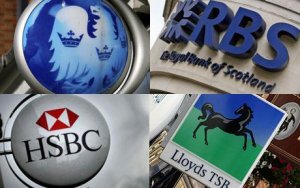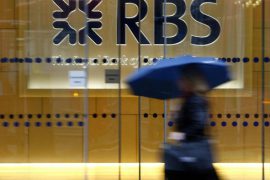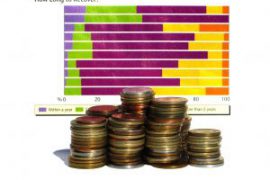With the second credit crunch in the last decade threatening an already wavering UK economy, the Financial Policy Committee (FEC) for the Bank of England (BOE) is anticipating an elevated need for taxpayer funds amongst British banks. Meanwhile, the BOE is instructing financial institutions to limit the amount of dividends given to shareholders, and bonuses given to employees, in order to decrease the probability of such an outcome.
In addition, the BOE also urged banks to consider raising their external capital during the coming fiscal year; a recommendation that could lead to banks having a heavier dependence on taxpayer funds. With the debt crisis in the eurozone continuing to worsen, UK authorities are expecting yet another credit crunch, only three years after the beginning of the global financial crisis of 2008. In response to the anticipated credit crunch, the Financial Services Authority (FSA), the Government, and the BOE are working together to create contingency plans, although the exact details of these plans are not yet available.
Furthermore, a recent Financial Stability Report (FSR) indicates that the homeowner market is also putting pressure on British banks, as banks that offer leniency to mortgage holders that are struggling financially may be significantly reducing their profits. However, without such forbearance nearly 50,000 households would quickly fall more than 6 months past due on their mortgage repayments.
Some analysts are worried that banks are going to have to ask for higher lending rates in order to maintain reasonable profit margins and compensate for the increased cost of borrowing. This has led some economists to predict that 2012 will see a significant raise in lending rates throughout the nation. UK banks have been heavily affected by the crisis in the eurozone, which has decreased consumer confidence and has resulted in higher loan default rates, and higher borrowing costs for banks.





